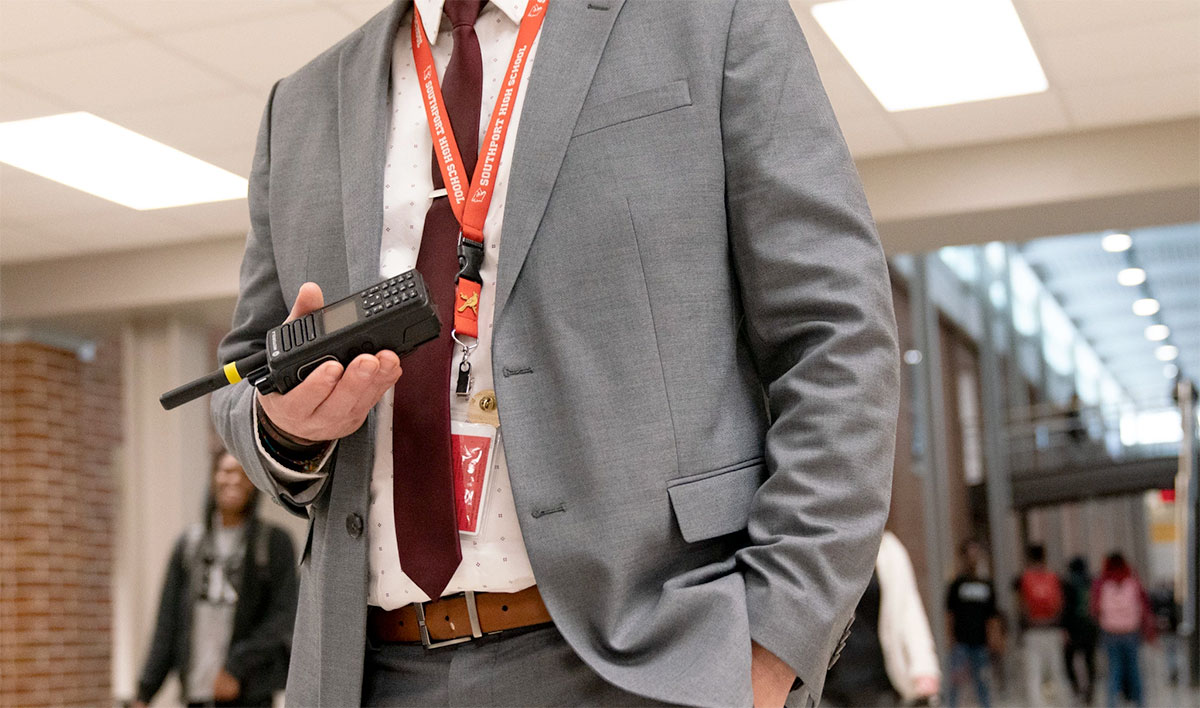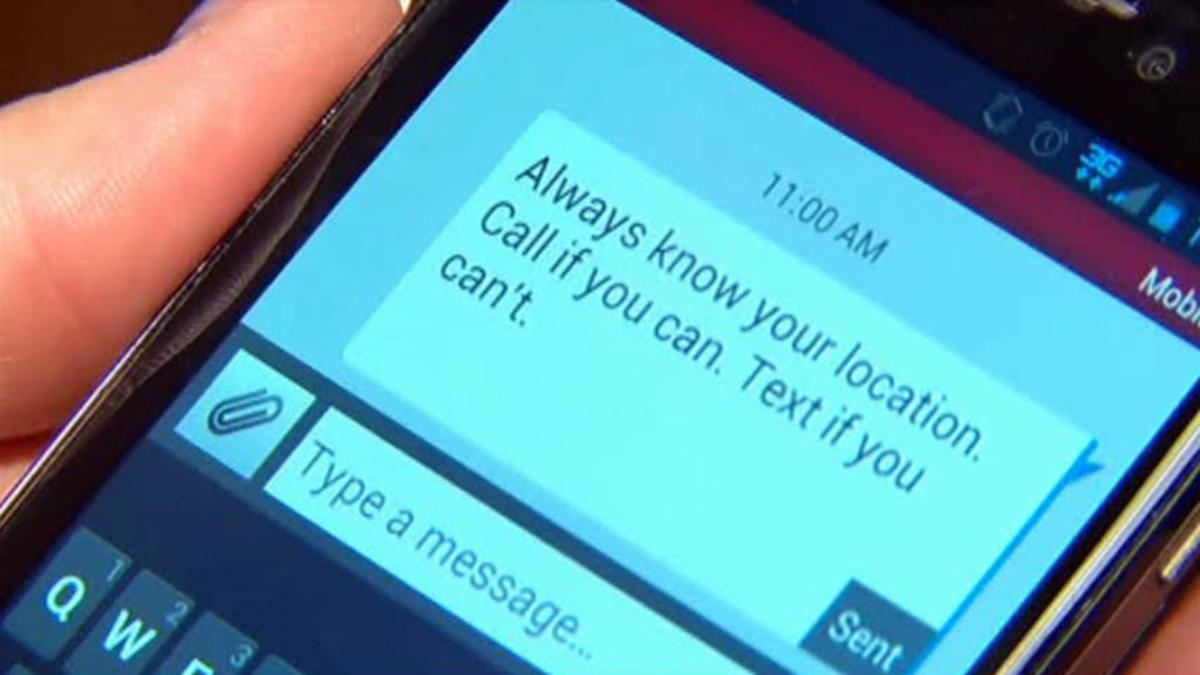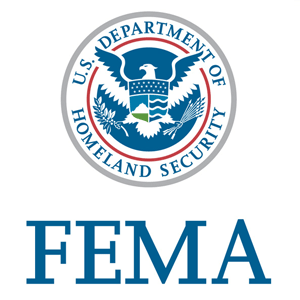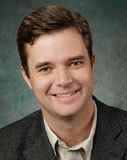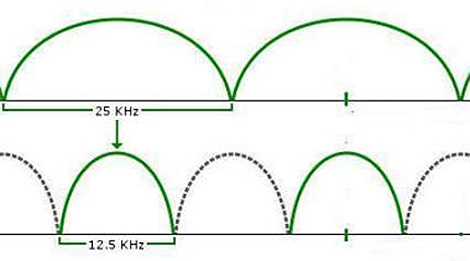Two‑way radio communications provide secure digital channels that can increase productivity, improve resolution time and protect workers. Many radio frequencies are regulated by the Federal Communications Commission (FCC), and it is important that the devices comply with FCC rules.
The FCC requires a GMRS (General Mobile Radio Service) license as a way to regulate frequencies that are used by two‑way radio devices. Before operating a GMRS radio, a consumer must have a valid license.
Tags:
Two Way Radios,
FCC
Read More
We thought we’d round up some of the top highlights this week in the Communication world and give them to you in one place. Check out some buzz worthy stories happening in the wireless communication, hospitality, and public safety world!
1) Public Safety Grants: The Assistance to Firefighters Grant deadline is TODAY! Be sure to check out the FEMA website if you haven’t already. If you’ve ran out of time for this grant, don’t worry. There’s a few more with deadlines that are soon approaching. Be sure to check out these Federal Grant Opportunities to see if you qualify!
Tags:
Two Way Radios,
Chicago Communications,
Wireless Communication,
Next Generation Public Safety,
Grant Funding,
Safety Solutions,
FCC
Read More
We thought we’d round up some of the top highlights this week in the Communication world and give them to you in one place. Check out some buzz worthy stories happening in the wireless communication and public safety world!
1) The Council On Financial Reform (COFAR) Fraud Alert: FEMA announced that there are scam artists claiming to be the Council on Financial Reform contacting individuals reporting that they’ve received grants from the government. However, the individual must pay a processing fee which can only be paid by giving up bank account information. COFAR stresses that they will never ask for such personal information when dealing with grants. Read more on this topic on the Grant Fraud website.
Tags:
Public Safety Communications,
Next Generation Public Safety,
FCC,
Social Media
Read More
Well 2013 is finally over. For some of you it was a good year, for the radio business it was a slow year. Coming off of the FCC’s Narrowbanding Mandate and all the radios sold in 2012 made us really look at our business and determine to focus on Service! Many of the police and fire departments are in limbo this year as Grants and Funding have not been as plentiful in the past years. In addition, with the FCC putting a freeze on the 470Mhz band, many police departments are sitting on their hands waiting for a direction from the FCC; that means slow radio sales.
The good news for some of you is that you are keeping your radios an extra year or two (maybe three). Your budgets are being spent on maintaining your existing equipment, whether a service contract for a 24 hour response or just routine maintenance. It is prolonging the inevitable. Technology is changing, but service teams, like Chicago Communications, are equipped with the latest in technology to meet whatever challenge is thrown towards us. From basic analog radio systems to the most advanced P25 Public Safety systems we can monitor and respond to service outages in any required timeframe you need. We can consult on your equipment with our contracts department to see whether it makes sense to put your equipment on a contract or actively seek replacement because of age or parts issues.
Tags:
Two Way Radios,
Chicago Communications,
Public Safety Communications,
Wireless Communication,
Radio System,
Tech Talk,
Safety Solutions,
FCC,
Maintenance/Installation/Service
Read More
Well, the narrowbanding countdown is officially over! January 1, 2013, has finally arrived. For those of you who did not complete the licensing modification or still don't have a license, you are in violation and are operating illegally. For all of us here at Chicago Communications, we will be continuing our campaign to inform you and help you get compliant.
Tags:
Two Way Radios,
Chicago Communications,
Narrowbanding,
FCC
Read More
As noted in my previous blog, I moderated a Narrowbanding Panel at the APCO Annual Conference on August 21. Roberto Mussenden, the FCC Public Safety and Homeland Security Bureau point of contact for narrowbanding, pointed out that there has been a lot of progress by licensees. Both the total number and the percent of public safety licensees that are still licensed at 25 kHz-only operation have been more than cut in half over the last two years. However, there are still about 35%, or roughly 37,000, licenses in the FCC database that are 25 kHz emission-only licenses.
If you are one of these, you need to immediately submit to the FCC either (1) a license modification application to include 12.5 kHz or better emission designators, or (2) a waiver request to continue operating temporarily at 25 kHz beyond the Jan. 1, 2013 deadline. The only exceptions are 12.kHz or 6.25 kHz equivalent efficient systems that operate on 25 kHz channels. Roberto emphasized that last-minute waiver requests will “be viewed with skepticism and not likely granted.” He also urged licensees to check their license data in the database and advise the FCC licensing bureau if there are any errors. Finally, he let the attendees know that the FCC Enforcement Bureau will soon issue guidance reminding licensees of their obligation and of the FCC’s intent to aggressively enforce the mandate. That FCC Enforcement Advisory No. 2012-05 was indeed issued on August 22.
Tags:
Motorola Solutions,
Narrowbanding,
FCC
Read More
Why You Should Be Worried If You Don't Get (Narrowband) Compliant by January 1, 2013
In case you haven’t already heard it several times, we must remind you:
“By January 1, 2013, all VHF/UHF Industrial/Business and Public Safety Radio Pool licensees must operate on 12.5 kHz or narrower channels.” (FCC Public Notice)
So what’s going to happen if you don’t obey the rules and you choose to ignore the FCC mandate? As you may have guessed, it’s not going to be good. But let’s look at some specific penalties that have been set in place and then figure out how you can avoid them.
Tags:
Public Safety Communications,
Narrowbanding,
FCC
Read More
This is a guest blog provided by Smart911 and written by Todd Piett, Chief Product Officer at Rave Mobile Safety. Visit the bottom of this post for more information about Todd. You can follow him on Twitter @toddpiett.
The public safety community is under increasing pressure to find a solution that meets growing public expectations around the ability to Text-to-911. The FCC is actively soliciting feedback on interim solutions while the industry continues working on and evaluating options for texting with NG9-1-1. Unfortunately, misconceptions about texting abound. As a company we have been delivering emergency communications via SMS and have years of data as well as operational experience with the realities of text messaging. We are also actively involved in research and development on text via RTT utilizing the protocols envisioned in NG9-1-1. Based on our experience, here are the top 3 myths:
Myth: Text messaging to 9-1-1 is available today or will be magically enabled by NG9-1-1.
Tags:
Next Generation Public Safety,
Safety Solutions,
FCC
Read More
Tom's Tech Talk (#11): Antenna Systems
I can’t tell you how many times we run across systems improperly designed based on their licensing requirements. Each FCC licensee is required to meet both height and power requirements for all of their fixed base station equipment that is indicated on their license.
Many times people take the approach that to reach their people in the field they need to increase the gain of their antenna’s and the power on their base stations. What they don’t realize is that they may become an interferer with an adjacent co-channel user and are therefore subjected to a fine by the FCC for exceeding their licensed effective radiated power. We had one instance where the combined antenna gain and power from their equipment was enough to reach Madison Wisconsin from the Western Suburbs of Chicago.
Tags:
Radio System,
Tech Talk,
Antenna System,
FCC
Read More
Introduction to Narrowbanding for Two-Way Radios
Here at Chicago Communications LLC, we strive to improve the operational efficiency of our customers through innovative technology and information solutions. Check out our blog for the latest information about Chicago Communications, products and services, and industry news. You'll find new articles posted weekly.
Tags:
Two Way Radios,
Wireless Communication,
Narrowbanding,
FCC
Read More

